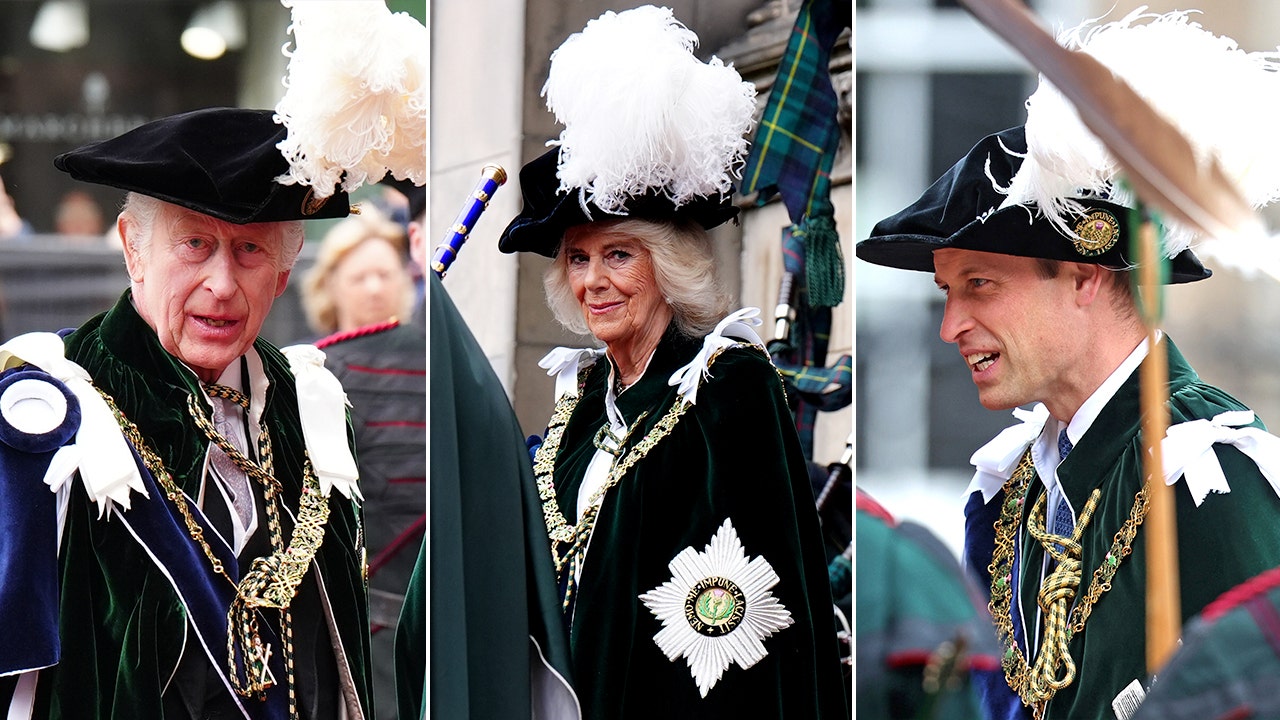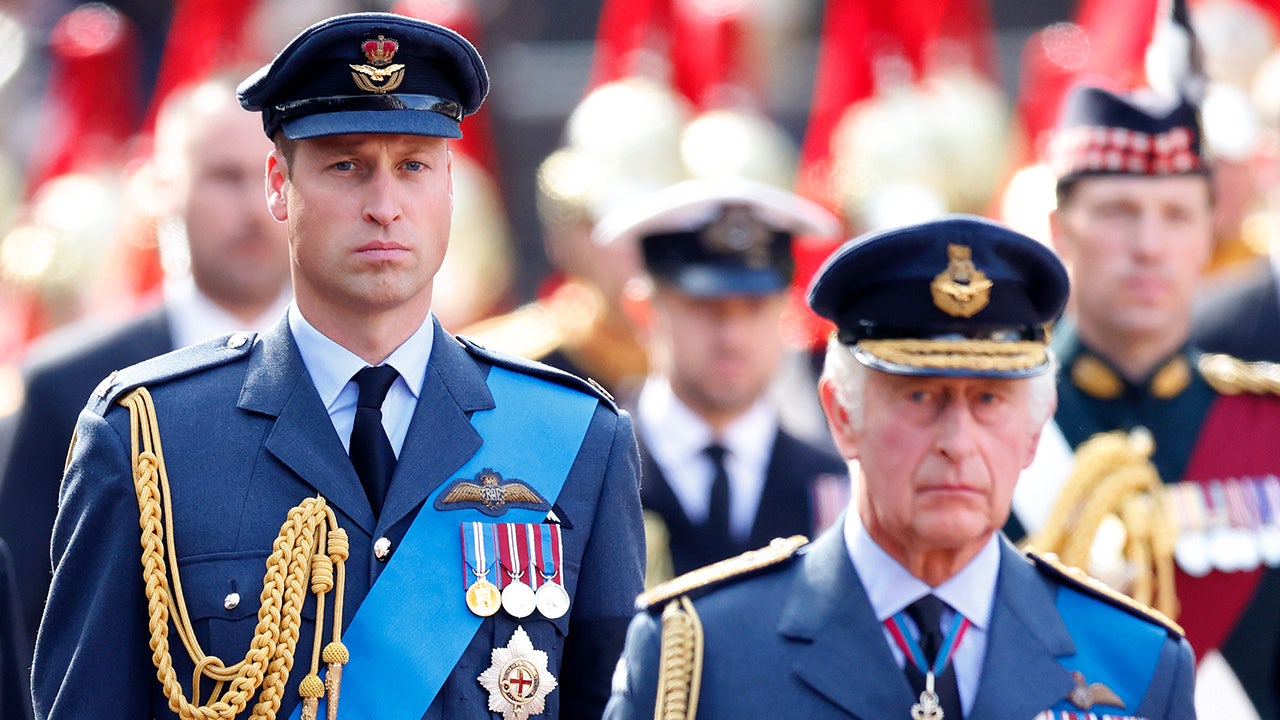
The relationship between William and Harry has reached an unprecedented low, raising questions about the future dynamics of the royal family. Insiders reveal that William has severed ties with Harry and Meghan, perceiving their public criticisms of the monarchy as unacceptable. With Harry’s revelations in interviews and his memoir, "Spare," the rift appears deeper than ever.

As William prepares for kingship, the question arises: could he strip Harry and Meghan of their royal titles? While this action is complex and requires political considerations, William's firm stance indicates that he may be willing to take such a step to maintain the monarchy's credibility.
William's approach is not merely personal; it carries significant implications for the monarchy. By establishing clear boundaries, he demonstrates the strength and decisiveness expected of a future king.
As Britain prepares for a high-profile state visit from former U.S. President Donald Trump, William's role is set to expand. Unlike previous occasions where the reigning monarch would take the lead, William is expected to play a central role, admitting his diplomat capabilities on the world stage.TWilliam's position as heir to the throne grants him a unique authority that transcends political boundaries. The monarchy's ability to foster goodwill and trust is crucial, especially during times of global instability. His upcoming involvement in international diplomacy is a testament to his growing influence.
While the royal family's external engagements are vital, it is the internal dynamics that truly test William's leadership. The ongoing speculation about Harry's potential return to royal duties highlights the need for clarity and stability within the monarchy.
William's decision action in addressing the family feud is a clear message: the monarchy cannot be swayed by personal grievances or media scrutiny. This stance not only protects the institution but also sets a precedent for future royal conduct.

